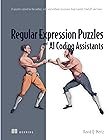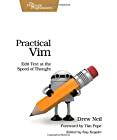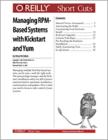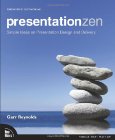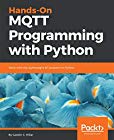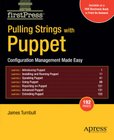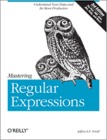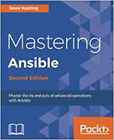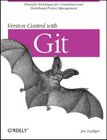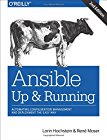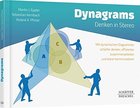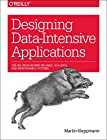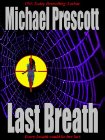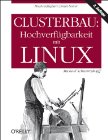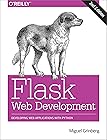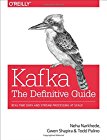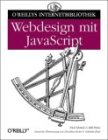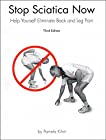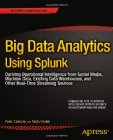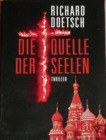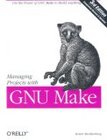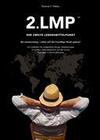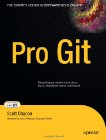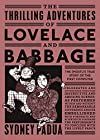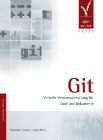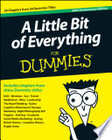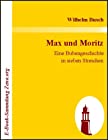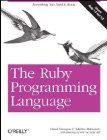
Once, when I picked up a book from the local library, the librarian asked to tell her what I thought about the book when I would bring it back. Well, why not write a few lines about all the books I read so everybody could see what I thought about it? I'm often also happy to have friends recommend a certain book or tell me this and that is not really worth reading. I won't comment about the tons of books I have read so far, but about books I read from now on.
| highly recommended | sehr empfohlen | |
| good reading | gutes lesematerial | |
| average | durchschnittlich | |
| not too interesting | nicht allzu interessant | |
| recommended not to read it | empfehlung das buch nicht zu lesen |














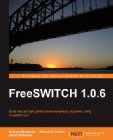



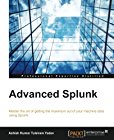










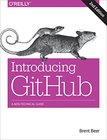
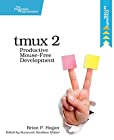















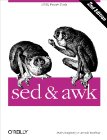































 |
|
|---|---|
| title | The Ruby Programming Language |
| author | David Flanagan & Yukihiro Matsumoto |
| ISBN-10 | 0-596-51617-7 |
| ISBN-13 | 978-0-596-51617-8 |
| ASIN | |
| rating | |
| date | 2009-Nov-29 |
Ruby definitely has won a firm place in the list of commonly used scripting/programming languages these days. So even if you don't want to become a ruby guru, you might want to have a good book covering the important parts of the language. And as there are differences between ruby 1.8 and ruby 1.9, your reference ideally covers both. If so, then this book certainly is a good choice, even if you decide to skip the more advanced chapters or save them for when you need them. And if you intend to become the local ruby guru, then you definitely should have this book and read it two or three times, until you also understand the more advanced topics.
If your goal is to learn programming, then this book is not for you. It is not intended for programming beginners, but assumes that you know how to program in at least one other language. You should also know at least the basics about object oriented programming.
Flanagan does a very good job explaining how ruby works, not only in words, but also with code snippets. I found the book to be very well balanced; not too much lengthy explanation but enough to make things clear; short samples of code which demonstrate just the features being explained. This style creates a book densely packed with information. The topics are presented mainly in logical order, starting with lexical and syntactic structures, explaining data types, covering expressions and operators, going on with statements and control structures before getting involved in the more advanced topics like methods, classes, modules and metaprogramming. Personally I'd have preferred to have the last two chapters "The Ruby Platform" and "The Ruby Environment" placed somewhere before the heavyweights. The more difficult chapters may well scare a lot of folks off and if they don't jump to those two chapters at the end, they'll miss some of the more important and easier information.
All in all: Definitely no easy reader, densely packed but well done and well balanced.

